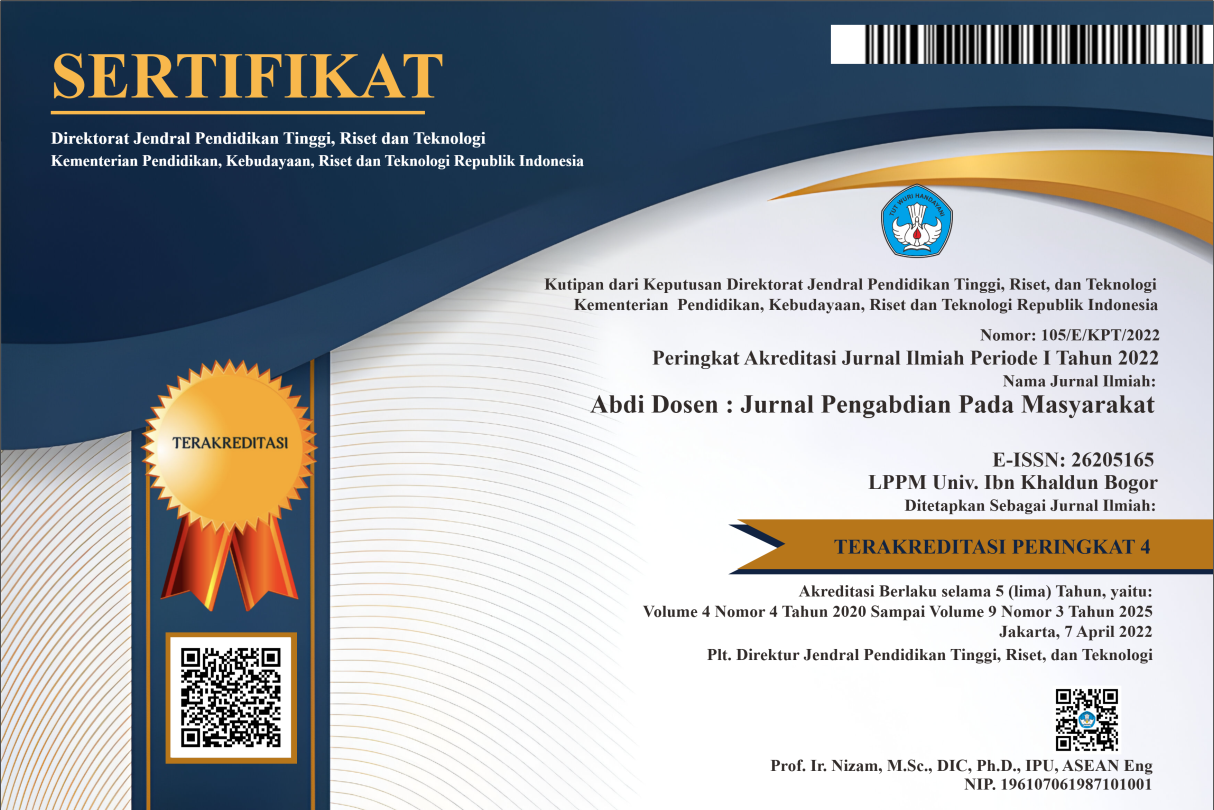DIGITAL ECONOMIC TRANSFORMATION IN SUPPORTING AND ACCELERATING ENVIRONMENTALLY FRIENDLY ECONOMIC GROWTH IN INDONESIA
Abstrak
This study investigates the relationship between digital economy factors and environmentally sustainable economic growth in Indonesia. Variables include Internet Users (IU), Carbon Emissions (CE), Green Investment (GI), Energy Consumption (EC), and Gross Domestic Product (GDP), using 2006–2024 World Bank data analyzed through the Vector Autoregression (VAR) method. Tests conducted include unit root, Johansen cointegration, impulse response (IRF), and variance decomposition (FEVD). Results show that internet usage significantly influences green investment, energy consumption, and GDP, especially in the long term. The positive impact of IU on GDP grows over time, highlighting the role of digitalization in improving efficiency and promoting green systems. While carbon emissions were initially driven by traditional activities like exports and energy use, they are increasingly shaped by digital economy growth and green investment. Energy consumption and green investment also demonstrate a two-way relationship with technology adoption and economic growth. The findings confirm that the digital economy can accelerate sustainable development. Leveraging technology, boosting green sector investment, and managing energy use effectively can help Indonesia achieve inclusive, low-carbon growth. Policy integration between digital transformation and green development is vital to expedite the country’s progress toward the Sustainable Development Goals (SDGs).
##submission.copyrightStatement##
##submission.license.cc.by-nc4.footer##





















